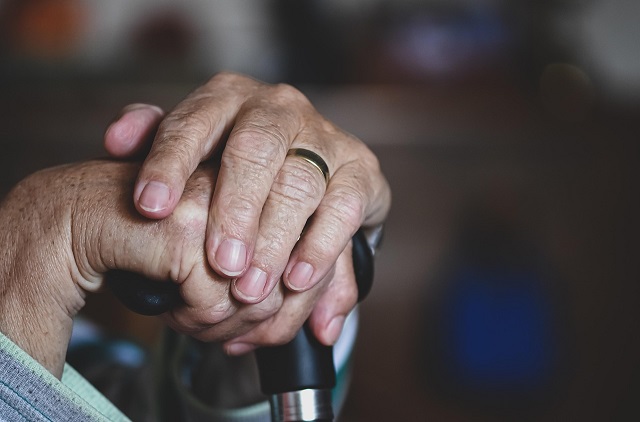Dying Matters Week – our project to personalise palliative care

This Dying Matters Week is an opportunity to reflect on the impact of the Rapid Intervention for Palliative and End of Life Care (RIPEL) project since it was launched in 2022.
RIPEL enables more people to receive personalised palliative care, including being cared for in their own home at the end of their life, if that is their preference.
The project is a unique partnership between us here at OUH, Sobell House Hospice Charity, Social Finance and Macmillan Cancer Support.
One of the main drivers of the project is improving patient choice and experience during end of life care. In addition to existing services provided by a wide range of valued hospices and care providers, the project has made a significant impact in terms of patient care, experience, and reducing pressure on our hospitals.
The project is made up of four services:
- Hospital Rapid Response – facilitates quick support for patients in hospital who are dying, and who have expressed a preference to be at home at the end of their life
- Home Hospice - supports people at the very end of their life whose choice is to die at home rather than in hospital. Patient Support Workers provide domiciliary care and support at home with specialist oversight and input from OUH Palliative Care teams.
- Hospice Outreach - operates as a virtual ward, allowing patients to get the care they need at home safely and conveniently, rather than being in hospital. Specialist palliative care is then provided virtually or in person, depending on what is best for the patient.
- Palliative Care Hub – rapid telephone support and co-ordination by professionals of multiple disciplines across our Palliative Care team.
The impact of RIPEL
Since its launch in 2022, the project has:
- Cared for over 4,500 patients
- Allowed these patients to spend 23,445 days at home instead of in hospital in their last year of life
- Provided 21 virtual ward beds
- Reduced the Trust’s carbon footprint – the Home Hospice service has been found to have less than 50% of the carbon footprint when compared to equivalent inpatient care.
Family feedback has included:
- “Her death had been perfect and all she had hoped for”
- “Every member of the team showed tremendous care and humanity, which I and the rest of the family will always be thankful for”
Dr Victoria Bradley, Clinical Lead for Palliative Medicine at OUH, said: "The RIPEL project has done so much to improve people’s end of life care.
“Patient control and agency over their palliative care is so important – delivering care closer to home with the right support in place is one of our key aims. Not only does this improve our patients’ experience, but also eases pressures on our hospitals.
“When people choose to die at home, it will often be down to a sense of comfort and familiar surroundings – it’s a privilege to be able to fulfil that wish.”




























































